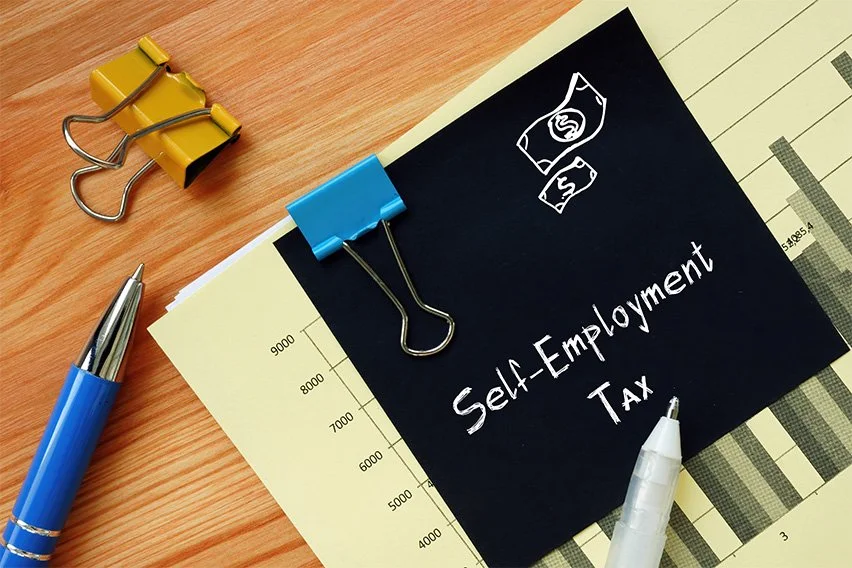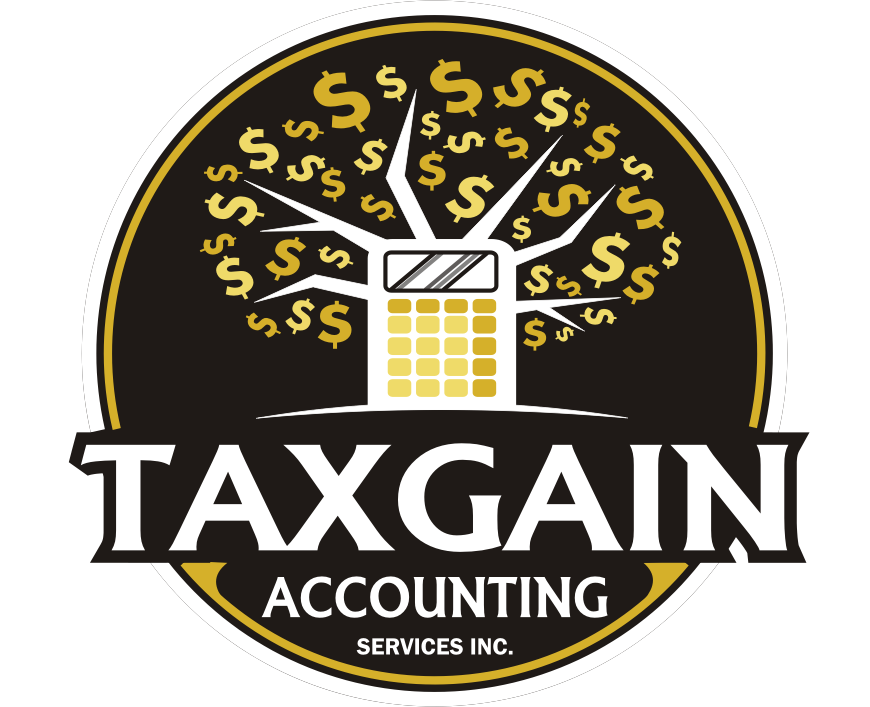
Most of the time when you are employed, taxes are very straightforward. Most of the time it’s just a T4 and any RRSP deductions if you have them. If you earn self employment income, taxes can be much more complicated. self employed individuals responsible for keeping track of your income and expenses and then submitting them to the Canada Revenue Agency (CRA). From there you are required to pay the amount of income tax that you owe.
When You Are Considered to be self employed
In order for the federal government to consider you to be self-employed, you have to fall under one of these categories below.
• You carry on a trade or profession or even own a small business as an independent contractor or a sole proprietor.
• You are part of a partnership that carries on a business or even a trade.
• You have your own business. This includes freelancing or operating a business part-time.
• You have a side hustle online.
Anything made from these sources is considered to be taxable income, and you are required to claim it when tax season comes around.
The Taxes that You Pay
If you are self-employed and responsible for your individual tax obligations, there are a few different taxes you need to pay besides income taxes on your self-employed income. These include federal taxes, provincial taxes, CPP (Canada Pension Plan) contributions and EI (Employment Insurance) contributions (these are optional). You are also responsible for paying GST (Goods and Services Tax), HST (Harmonized Sales Tax), and/or PST (Provincial Sales Tax) if they are required.
Self-Employed Tax Rates
As a self-employed person, how much you pay in taxes is going to depend on the tax rate. How the system works is based on income. This number is difficult to determine before you file your yearly tax return but below we show you how it is calculated. Keep in mind that there are provincial tax rates as well. These rates vary from province to province. The ones shown below are the federal rates.

